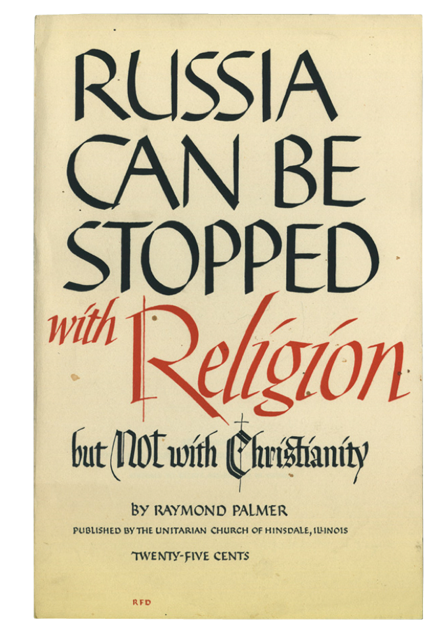The Department welcomed Paul Gehl to its Wednesday afternoon series of guest lectures. Paul, who is Custodian of John M. Wing Foundation on the History of Printing at The Newberry Library, Chicago, spoke about the calligraphic tradition in Chicago design between 1900 and 1950. He drew our attention to the liberal attitude many Chicago designers had toward calligraphy that enabled them to draw freely on its traditions to arrive at new inventions. The results found wide application in advertising design and gave Chicago work a distinctive regional (some would say provincial) flavour. This later stood in contrast to design in Chicago that was influenced by European modernism, an influence that gained in strength from 1937 when the New Bauhaus was founded in the city. The uneasy relationship between these approaches came to typify Chicago design and was one of Paul’s themes. He also spoke in detail about Raymond DaBoll, a calligraphic designer Paul felt merited new appreciation. DaBoll’s work offers a vibrant counterpart to the lettering and calligraphy of his more famous colleague, Oz Cooper.
Throughout his talk Paul remarked on the rich resources available at The Newberry for scholars working in the fields of printing, lettering, typography and the books arts. You can hear Paul speaking on a related calligraphy topic here.
[Images: book jacket by Raymond DaBoll (above), magazine advertisement by Elmer Jacobs (below); images courtesy of The Newberry Library.]



